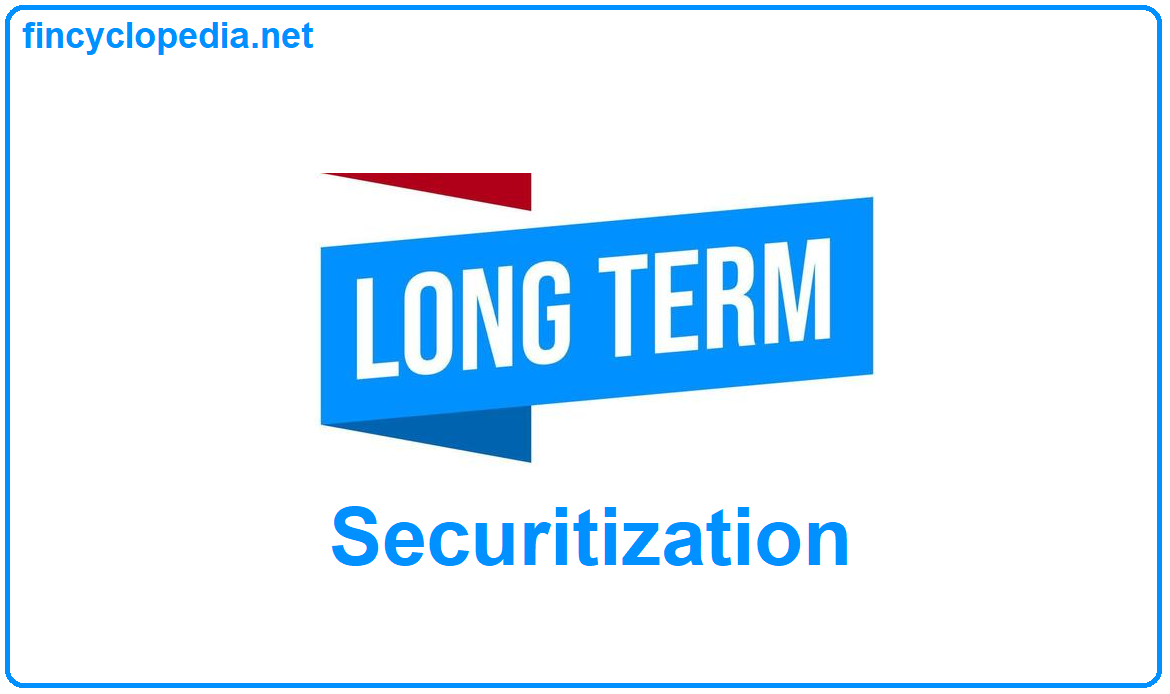A category of term securitization in which the underlying assets have short term maturities. Term securitization is defined as a type of securitization (a structured finance technique) that provides long-term funding for a loan receivables initially securitized (converted into securities) through the corresponding facilities (warehouse receipts). In these transactions, a pool of loan receivables is sold to a bankruptcy-remote, special purpose entity (SPE) that, in turn, transfers the receivables to a securitization trust. The securitization trust issues and sells asset-backed securities (ABSs), secured or otherwise backed by the underlying receivables, and then the proceeds from the sale of the issued securities are used to finance the securitized receivables.
Short term securitization involves asset-backed commercial papers (ABCP) or structured investment vehicles (SIVs). ABCP is a money market tool that can be used to tap into short-term financing on a roll- over basis. SIVs are used for refinancing of long-term assets with short-term liabilities in order to capitalized on credit spread differences. Normally the securitisation vehicle acquire the relevant reference assets through a true sale, receiving the beneficial rights to the underlying assets. However, an Originator could buy protection through credit derivatives instead of selling the assets (synthetic)
The term securitization represents the process whereby financial assets are pooled together, with their cash flows, and converted into marketable securities to be sold in the market; with maturities spanning a specific term as defined in the issuance documents. Securitization is a mechanism for transforming illiquid assets into securities. It involves the sale of cash flow generating assets from the owner to another entity that has been specially created for the purpose. The securities are issued by such an entity for certain considerations including risk isolation.
Through term securitization, term credit is extended directly through market processes rather than through financial intermediaries – the so-called financial disintermediation. The essential value proposition of securitization is that the obligation of the issuer to repay investors (holders of the securities) is backed by a pool of financial assets or credit support provided by a third party to the securitization deal. By issuing of securities as structured products, the holders obtain a synthetic exposure- i.e.,an exposure to the reference or underlying assets.







